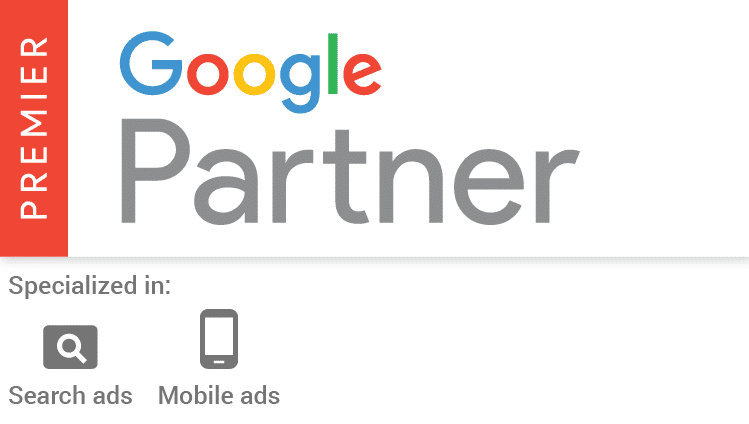Industry observers knew the day of reckoning would come one day. For years, website operators had secretly and not-so-secretly bought all-important inbound links. Their objective was to game Google’s search ranking algorithm to secure high search rankings for their websites.
And for years, buying links worked like a charm. So well, in fact, that the practice became widespread. And then one day, Google decided to down on Web site operators trying to buy their way to the top. In fact, the problem had become so widespread by that point that Google used the opportunity to make very public examples of some very prominent websites.
Specifically, Google recently slashed the rankings two major retailers, JC Penney and Overstock.com. Prominent articles subsequently appeared on the pages of The New York Times and the Wall Street Journal.
This was no coincidence. It was instead a clear warning shot from Google to all website owners that “if you game the system to secure better rankings, Google will eventually catch you…and punish you.”
What did JC Penney and Overstock do to raise Google’s algorithmic wrath? They used what are commonly referred to as “Black Hat” tactics.
JC Penney bought links from thousands of websites around the world. Many were foreign Web sites that had little or no content, and had been established specifically to serve the needs of website operators like JC Penny.
Overstock.com took a different approach. The company provided an incentive to college websites to link to Overstock.com by offering every student a 10% discount on merchandise. Google’s algorithm tends to trust content appearing on domains ending in “.edu” (i.e. those of colleges) more than material ending in “.com” or “.net”. So inbound links from colleges were like gold to Overstock.com in their path toward higher rankings. Believe me, with their 10% discount, Overstock.com more than got their money’s worth in better search rankings.
Now, none of this is illegal. In fact, I would guess that millions of websites around the globe still buy or sell links every day.
But it doesn’t matter. In cases like these, Google is Judge, Jury and Executioner.
To its credit, Google has warned for years not to buy inbound links. But literally overnight, JC Penney and Overstock saw their website rankings plummet from the top of page 1 to the fifth and sixth pages. And those Web sites will go through a long recovery process, and will likely never again achieve such lofty search rankings.
That’s because once Google has you in its cross hairs, it’s hard to get out.
I bring these issues up as examples of how Google is constantly adjusting their rankings, experimenting with new algorithms, and searching for websites that are trying to game their way to the top.
What does all this mean for your home improvement website? And how can you avoid being punished by Google? I’ll share that in PART 2 of this post coming up next time.
